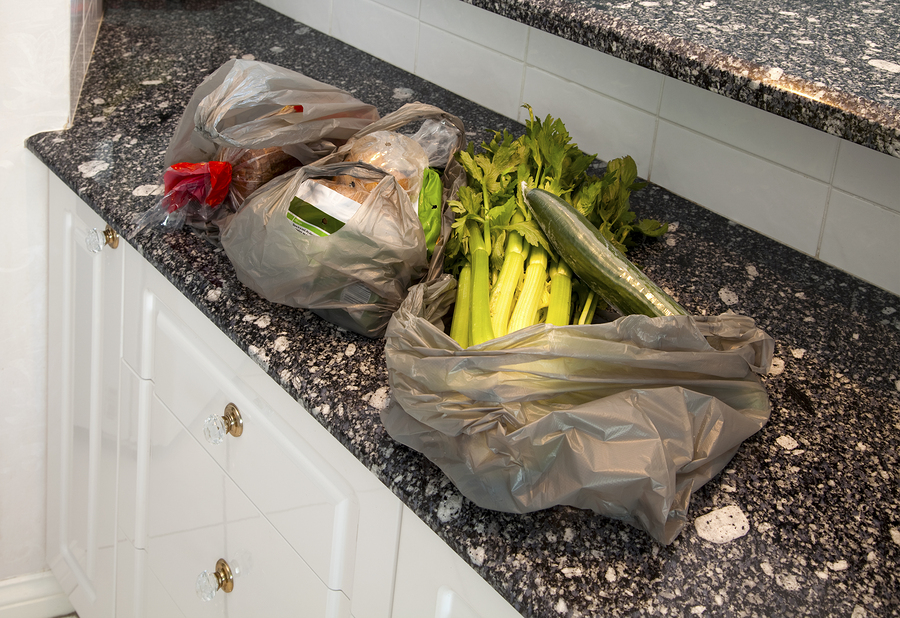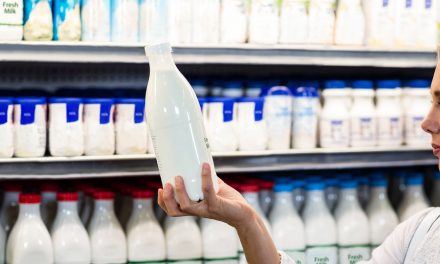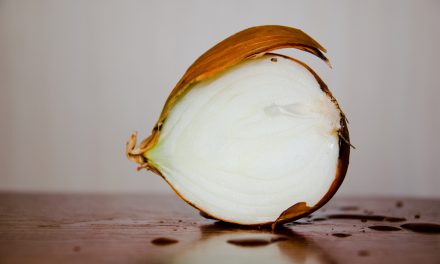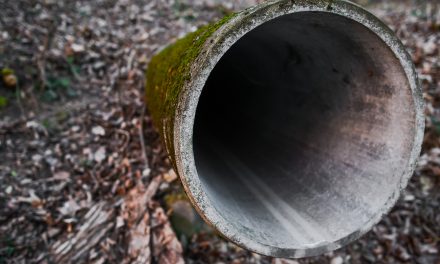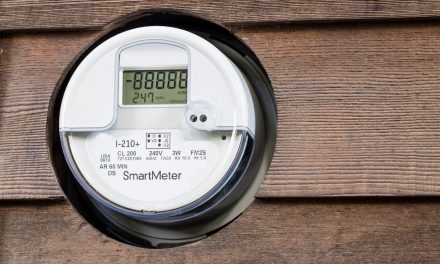As more and more grocery stores begin to ditch plastic bags, the acronym BYOB takes on a whole new meaning. Kroger — a grocery giant with nearly 2,800 stores in 35 states across the country — announced they’ll be doing away with single-use plastic bags. Kroger chairman and CEO Rodney McMullen said the store will transition to reusable bags by 2025 and the decision comes from their desire to protect the planet for future generations.
RELATED STORY:
Plastic pollution is one of the greatest challenges we face. The world produces more than 381 million tons of plastic annually, and an estimated 8 million pieces make their way into the ocean each day. Grocery stores are one of the worst offenders — food packaging has been identified as one of the greatest sources of global plastic pollution.
While Kroger and many other grocery stores have yet to address plastic packaging, eliminating plastic bags is a good start. Of course, there are other stores — like Whole Foods — that figured this out over a decade ago. While Kroger may have good intentions, why is it that the transition to reusable bags will take until 2025 to complete? When a U.K. grocer decided to go plastic-free, the transition only took 10 weeks — and that included a complete overhaul. The store’s plastic ban was put in place to include everything from fresh produce to eggs, fish, bread, cheese and plastic foods. Does a grocery store chain really need six years to remove plastic bags from cash registers?
RELATED STORY:
You might know that plastic bags don’t biodegrade — they instead break down into smaller toxic pieces which contaminate soil and waterways and enter the food chain. The cycle makes it all the way back to you. Breathing, eating, drinking and absorbing plastic are linked to obesity, declining fertility rates, reproductive problems, cancer and more. But why isn’t paper a better option?
Producing a paper bag requires more than four times as much energy than it does to produce a plastic bag. The majority of paper comes from tree pulp, so the impact in the form of deforestation is enormous. With deforestation and the production of paper bags comes toxic greenhouse gases, acid rain, and water pollution.
RELATED STORY:
When it comes to choosing paper or plastic, neither are a good choice. If you want to do your part to help eliminate plastic waste, choose reusable canvas bags instead. Don’t just ask for change — be part of it.
*Article originally appeared at Healthy Holistic Living.



